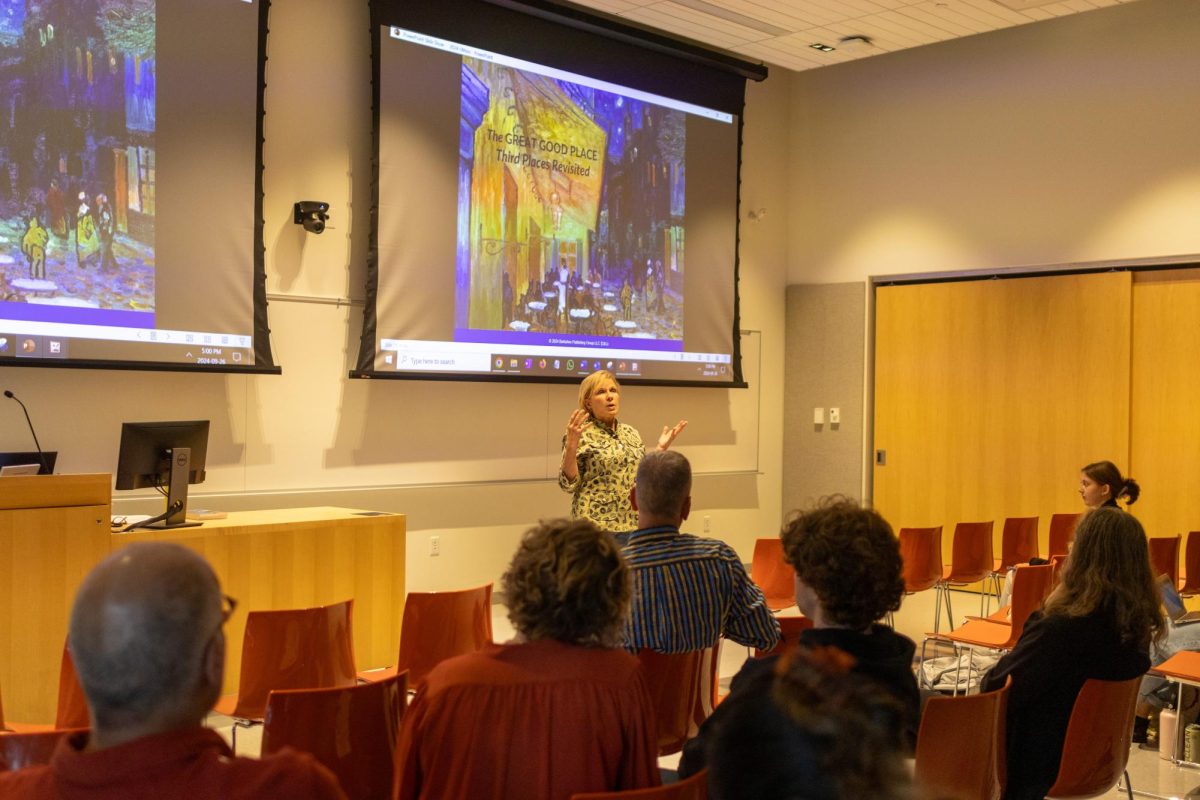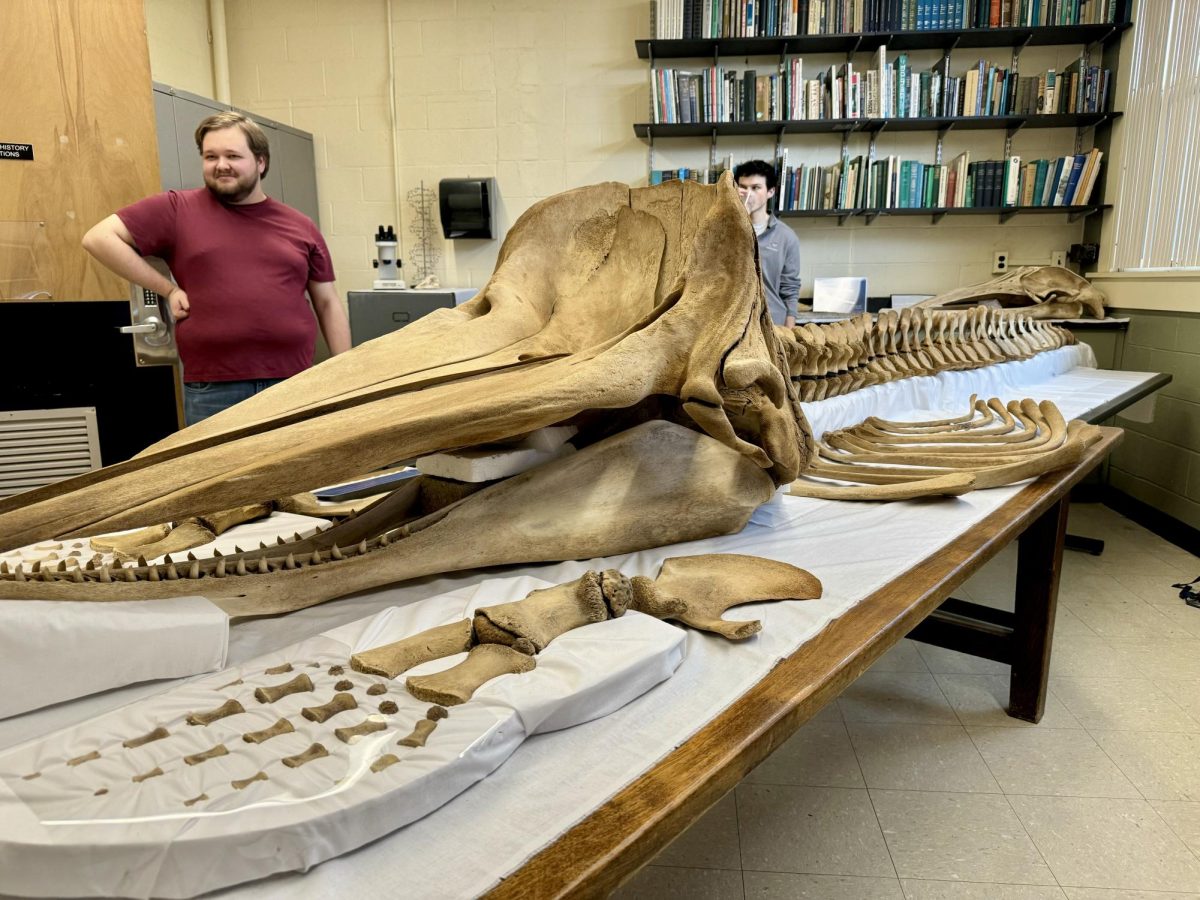
University of Massachusetts Extension Educator Lisa McKeag of the Stockbridge School of Agriculture has received a grant to assist local farms in keeping up-to-date with the latest food safety practices.
The grant was offered by the U.S. Department of Agriculture in response to the Food Safety Modernization Act, a law that was passed in 2011 and finalized in fall 2015. The act includes rules and regulations that require farms to manage food contamination risks. With the grant, McKeag will help educate Massachusetts farmers in best practices for risk management, in partnership with the Massachusetts Department of Agriculture.
“It’s important for UMass to be a leader in what is now a really important topic in agriculture,” said McKeag. “It’s part of our mission to make sure that agricultural growers in the state are keeping up with best practices. The information that we’re getting out to growers should all be research-based and scientifically sound.”
According to McKeag, many local farms could be affected by the consequences of not managing safety hazards, risking food contamination and the spread of disease.
The trainings will take place next year in a classroom setting in Grafton, MA as well as on-site at farms throughout the commonwealth. McKeag and representatives from MDAR will work with farmers to make sure they comply with new food safety rules. McKeag added that even farms that are exempted from the rules set by the new law can receive these trainings in order to keep up with best practices.
“It’s good for everyone to be able to manage risks even if they are exempted,” she said.
McKeag explained that the trainings will focus on a few areas where the risks of food contamination are highest, such as water irrigation, manure and soil contamination and worker hygiene issues. Though pathogens such as E. coli and norovirus are “ubiquitous on farms,” McKeag said the training will focus on ways to minimize the chances that these pathogens will be passed on to the food produced.
“We want to help growers identify the risks and think about where pathogens are most likely to spread on their farms,” she said, adding that agricultural producers should pay attention to wildlife arrivals on their farms, the presence of animal feces in their soil and their sanitation practices in food packaging areas.
The trainings will also be offered to seven agricultural organizations in Massachusetts, with the goal of building a state-wide network of people who are up-to-date on best practices for food safety.
“We want to create a network of agricultural educators so we’re all up to date,” McKeag said. “As an agricultural school, this is our job and has been for about 150 years.”
Hannah Depin can be reached at [email protected].


















